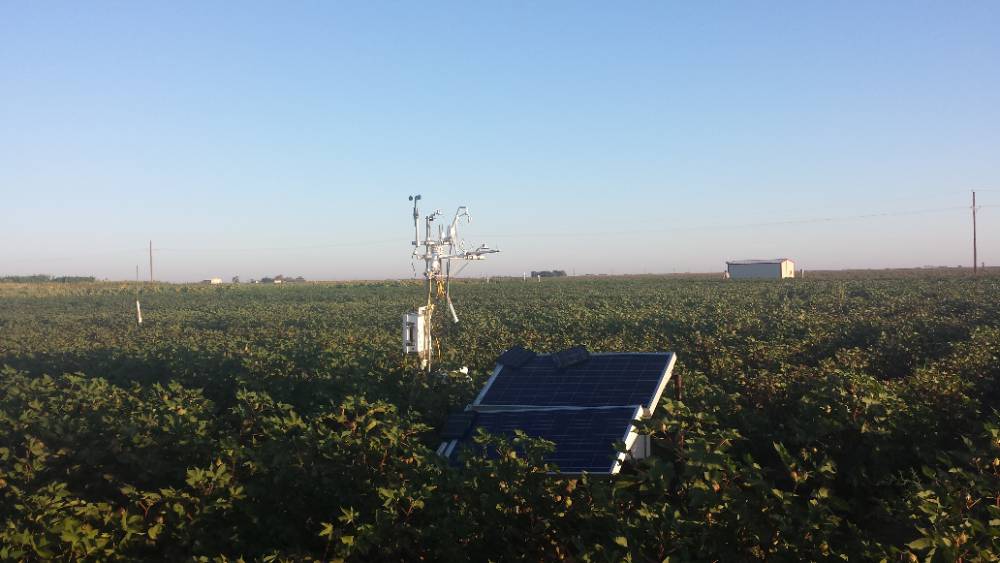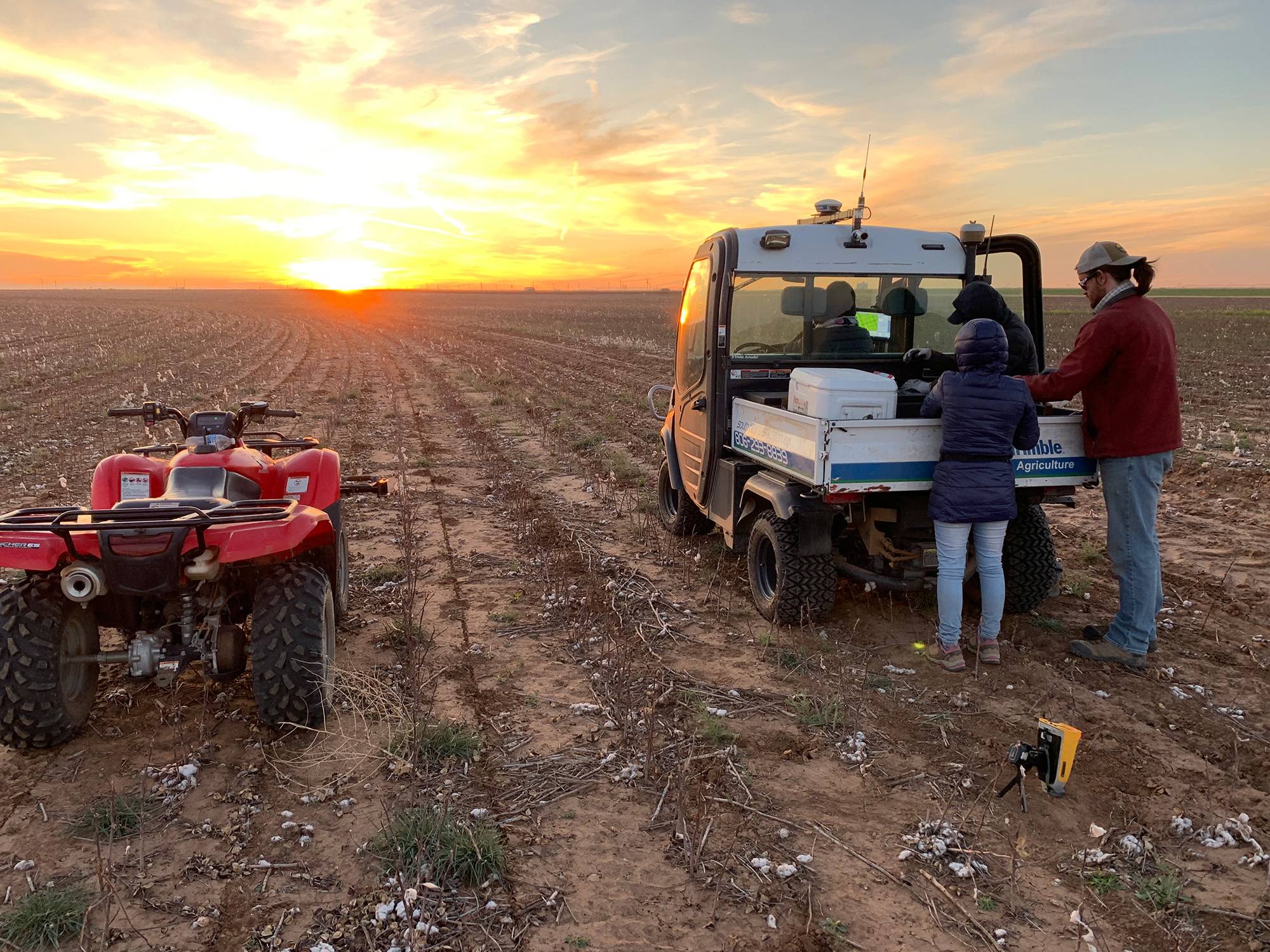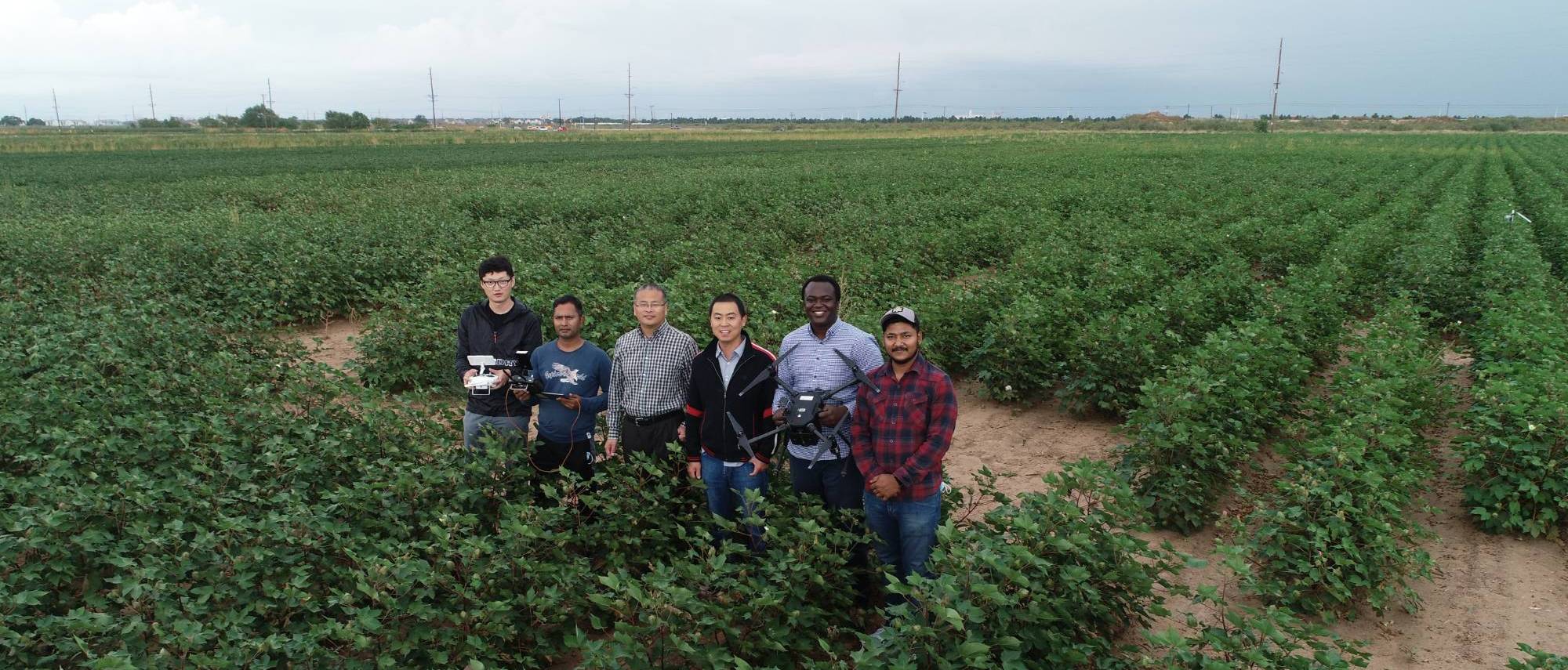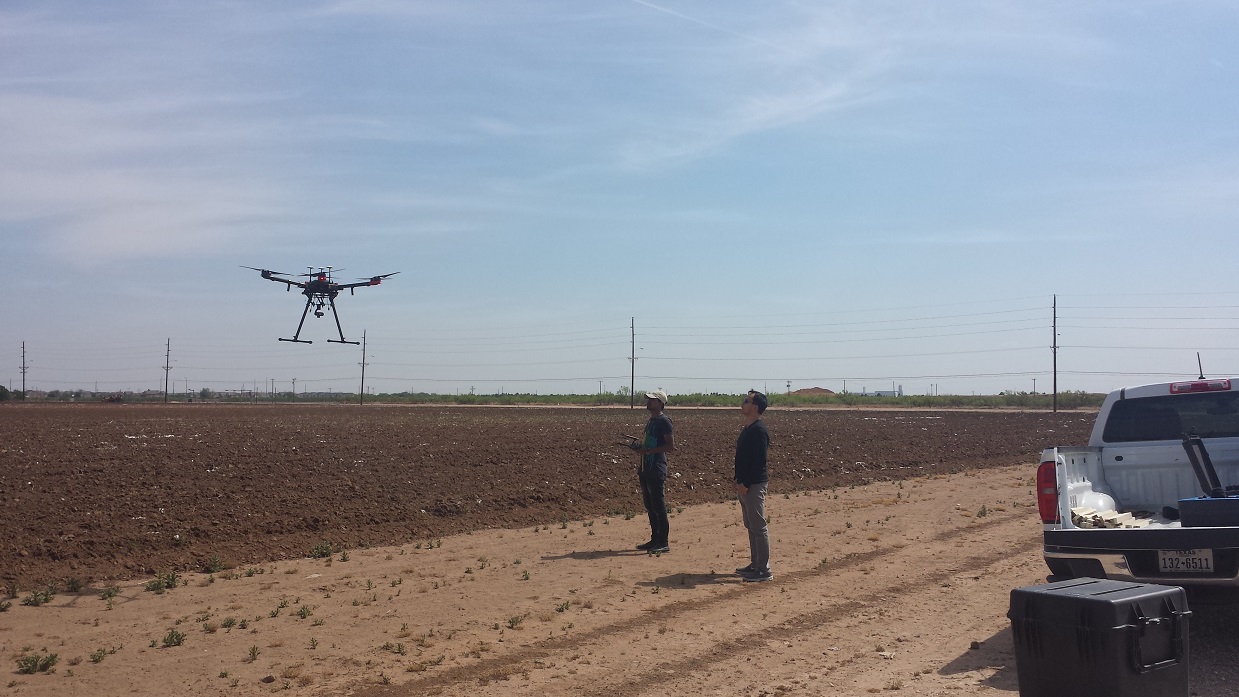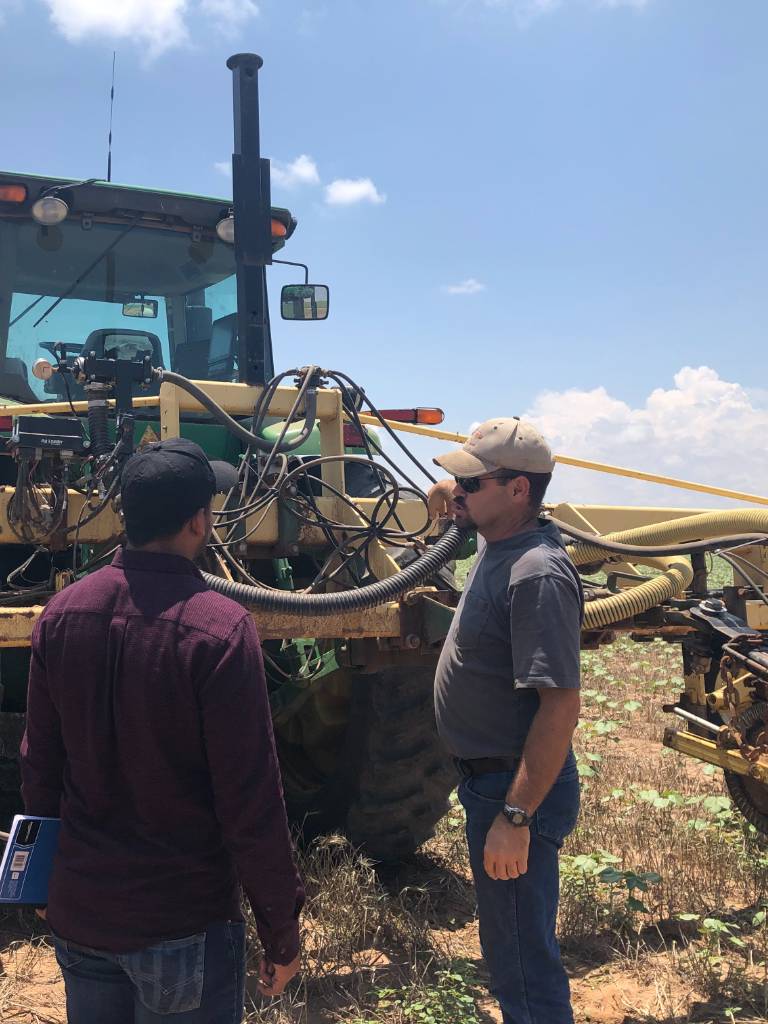Creating a More Efficient Future
Conventional farming practices treat an agricultural field uniformly despite the inherent variability in soil properties and crop growth conditions. The challenge and necessity of feeding 9 billion people on the earth by 2050 urges us to use our land and water resources more wisely.
Precision agriculture offers a suite of technologies to manage our soil and water more efficiently and effectively by applying crop inputs at the right location with the right amount and at the right time. These technologies include global navigation satellite systems, geographic information systems, remote and proximal sensing, yield monitoring, variable rate technology, and data science. This list is expanding. The goal of precision agriculture is to optimize crop input and management to enhance productivity, profitability, sustainability, while minimizing the impact of agriculture on the environment.
At the Crop Ecophysiology & Precision Agriculture Laboratory, we strive to improve the bottom line of production agriculture through optimization of crop inputs, management, while protecting the environment. Our mission is to build on partnerships with the industry and research institutions to develop and expand innovative research and teaching programs in precision agriculture and environmental modeling that align well with the department and university plans, address important local and national agricultural needs, and support the economic development of Texas and the nation through education and research.


